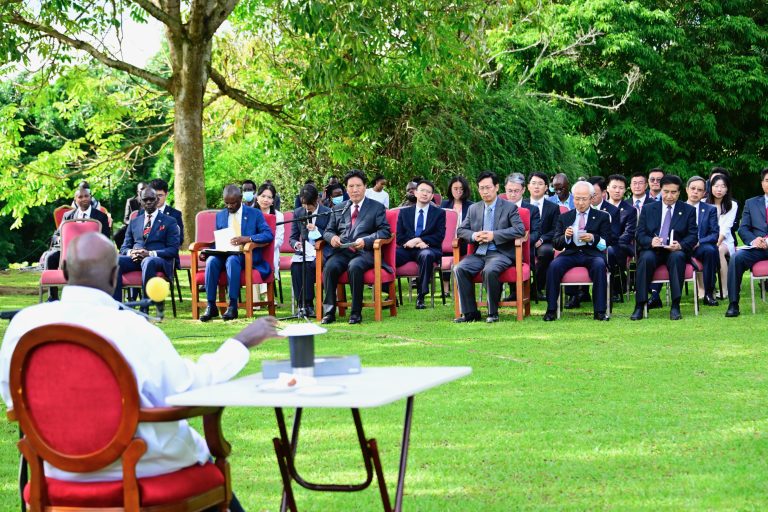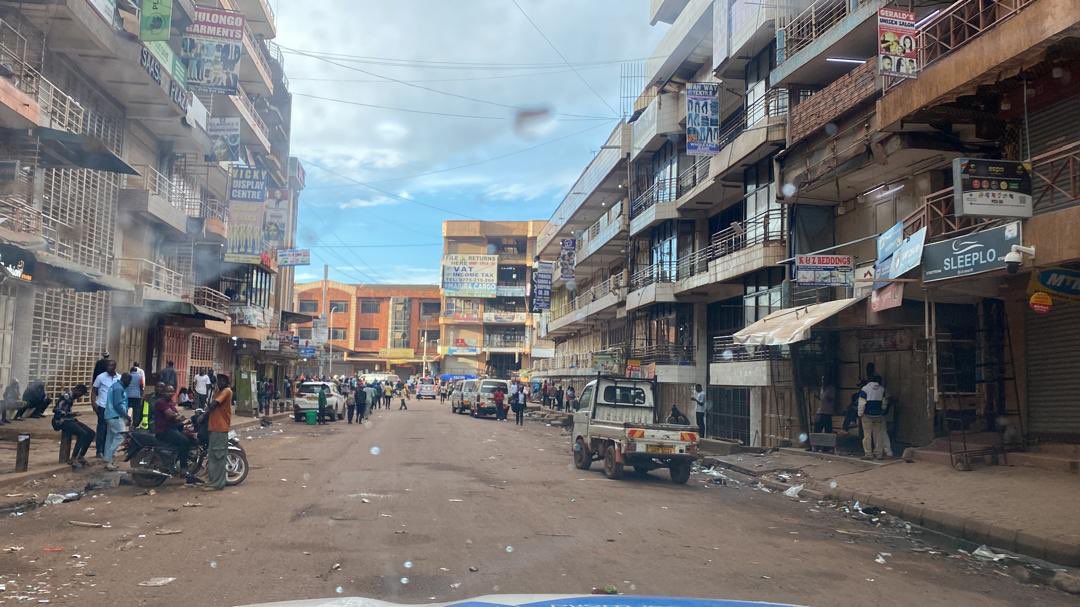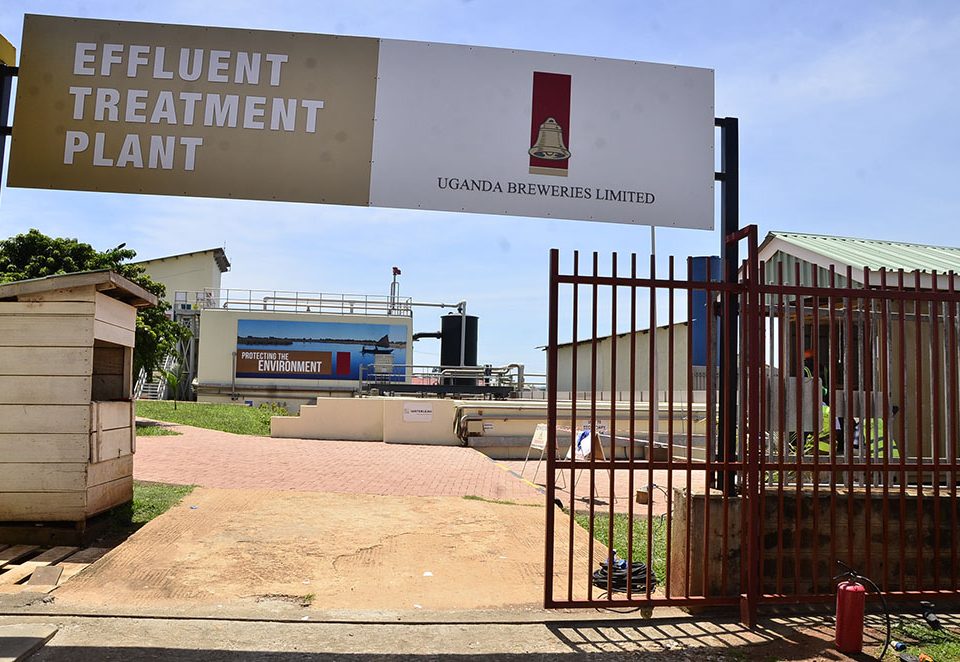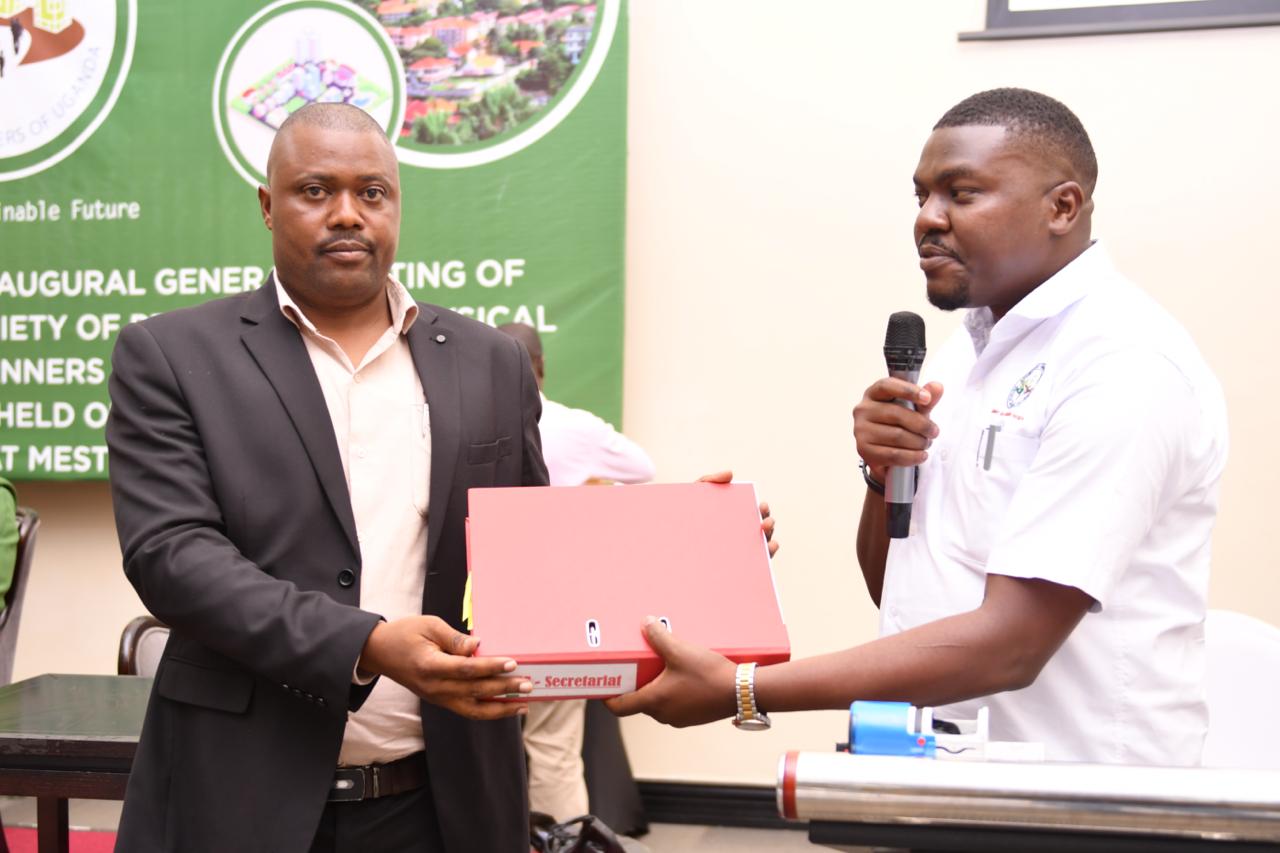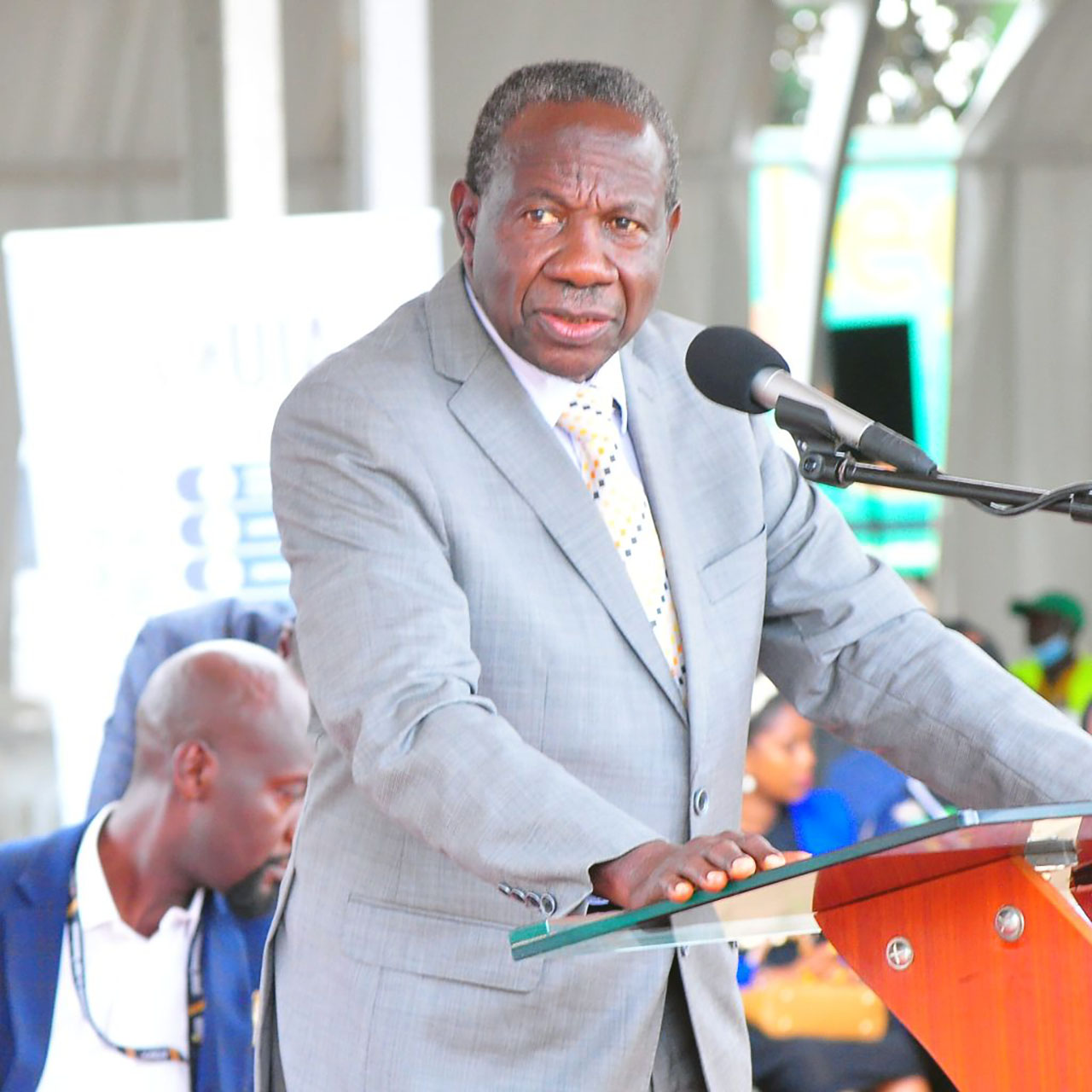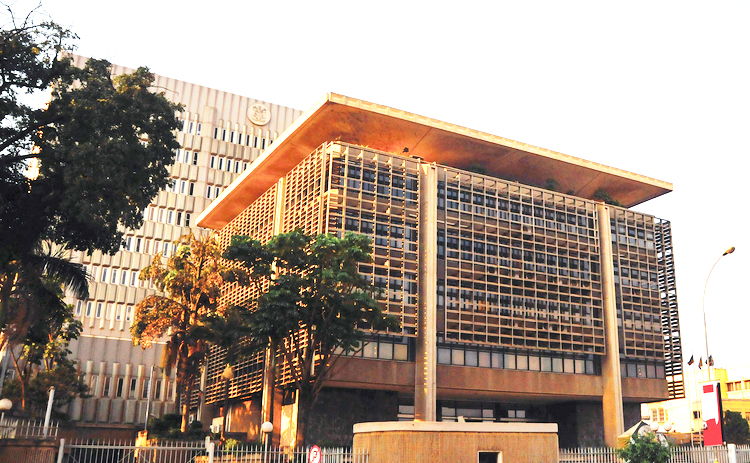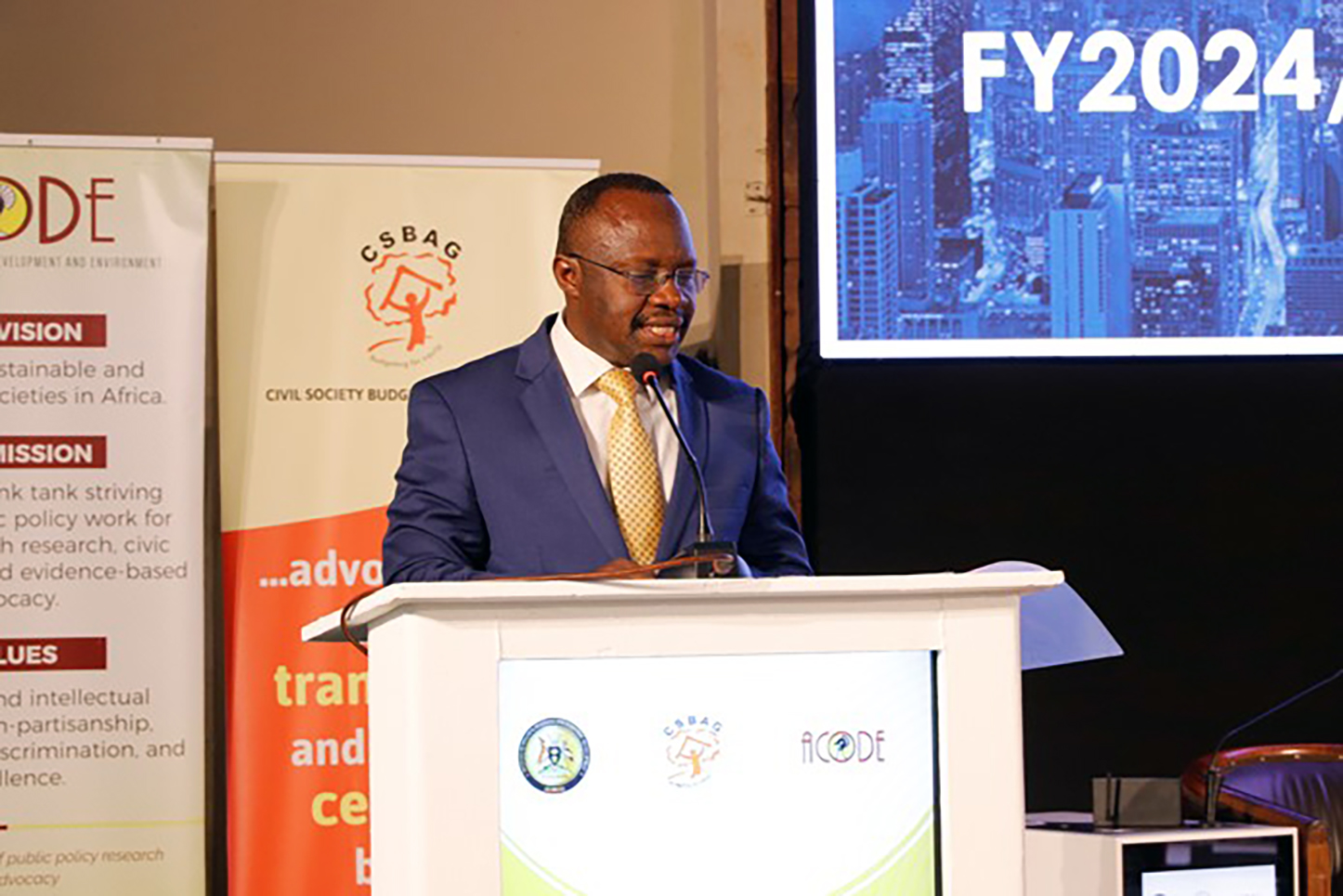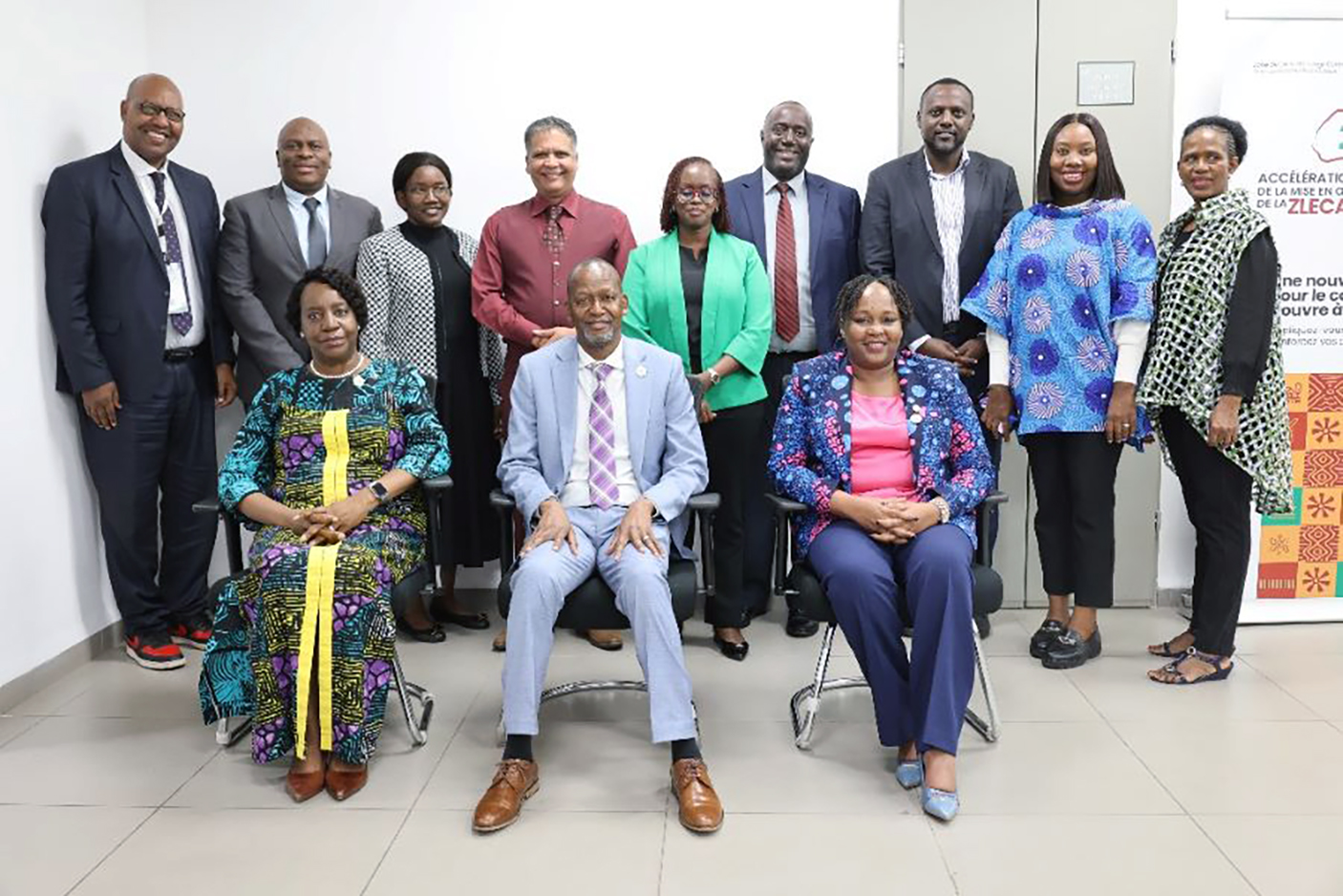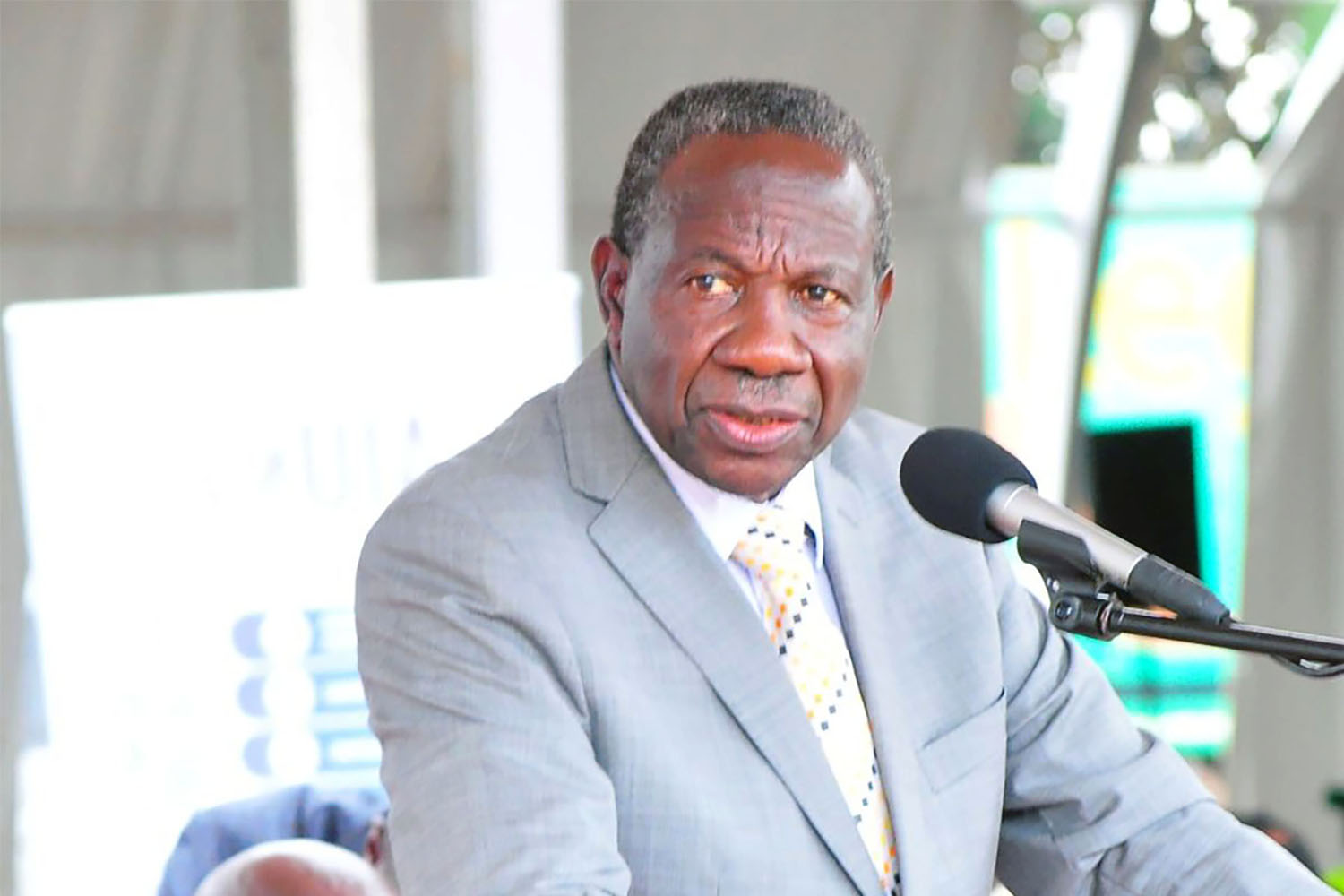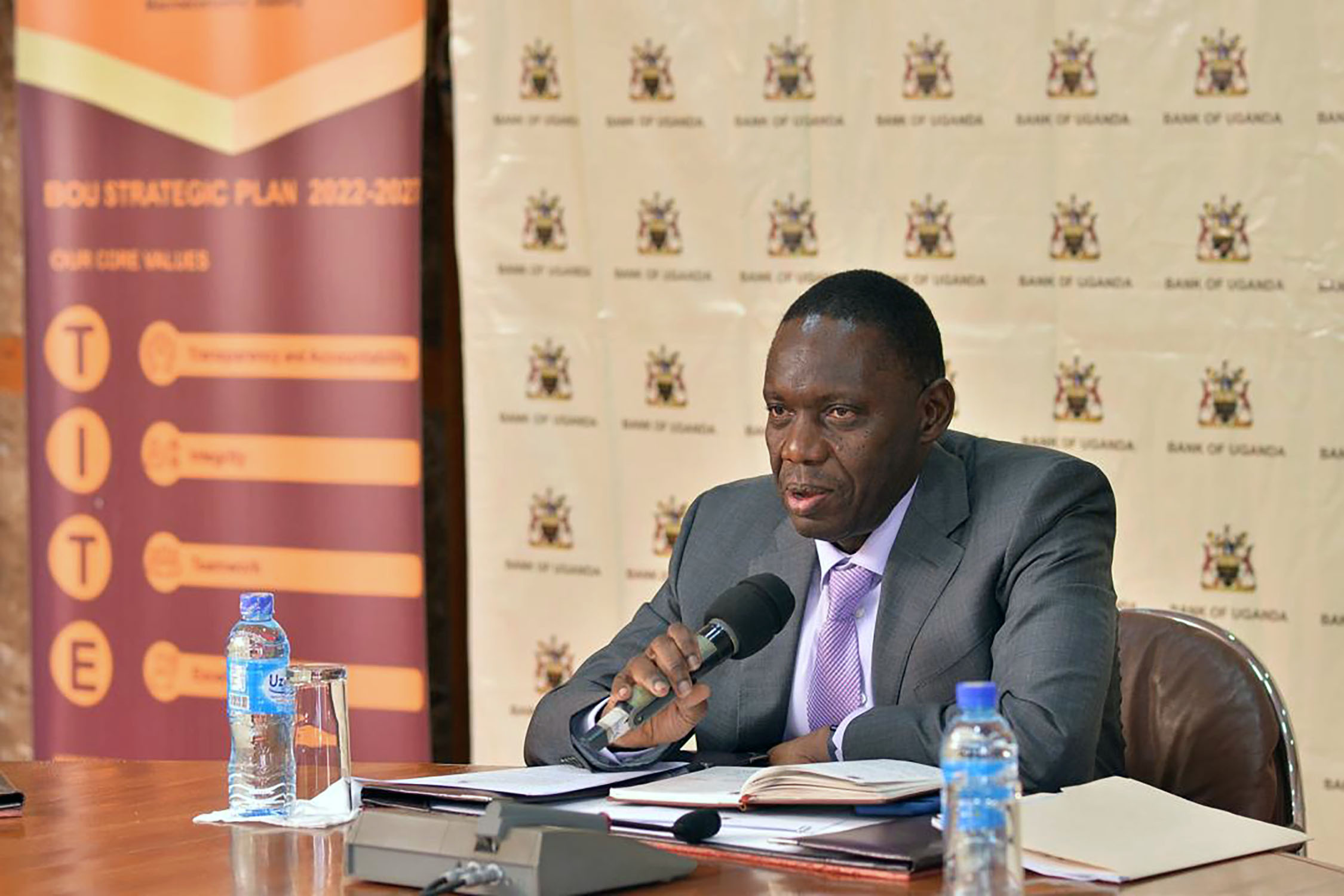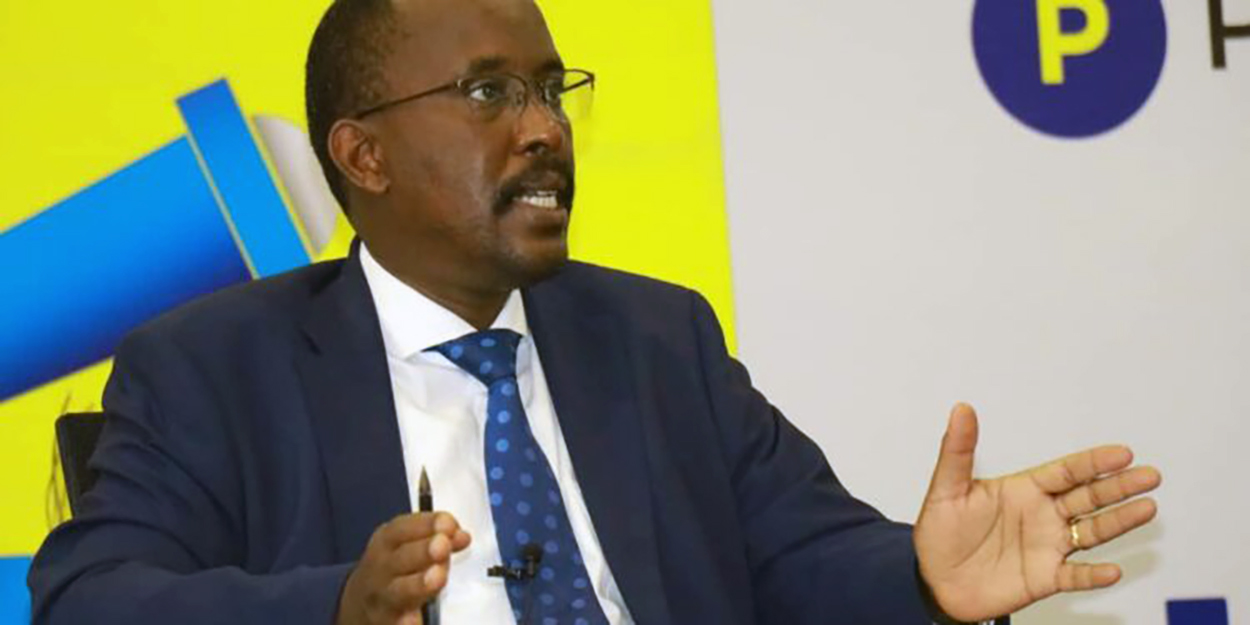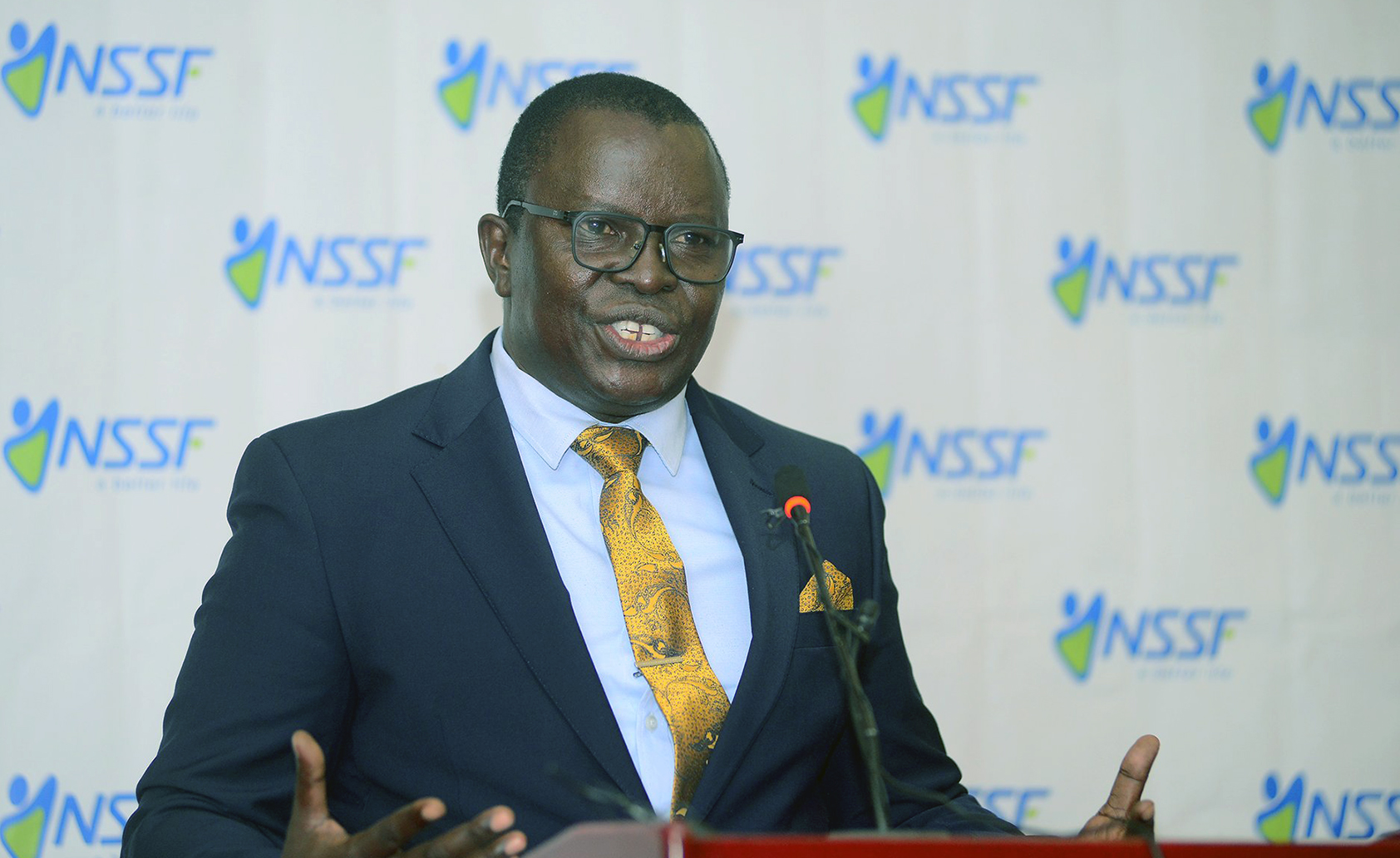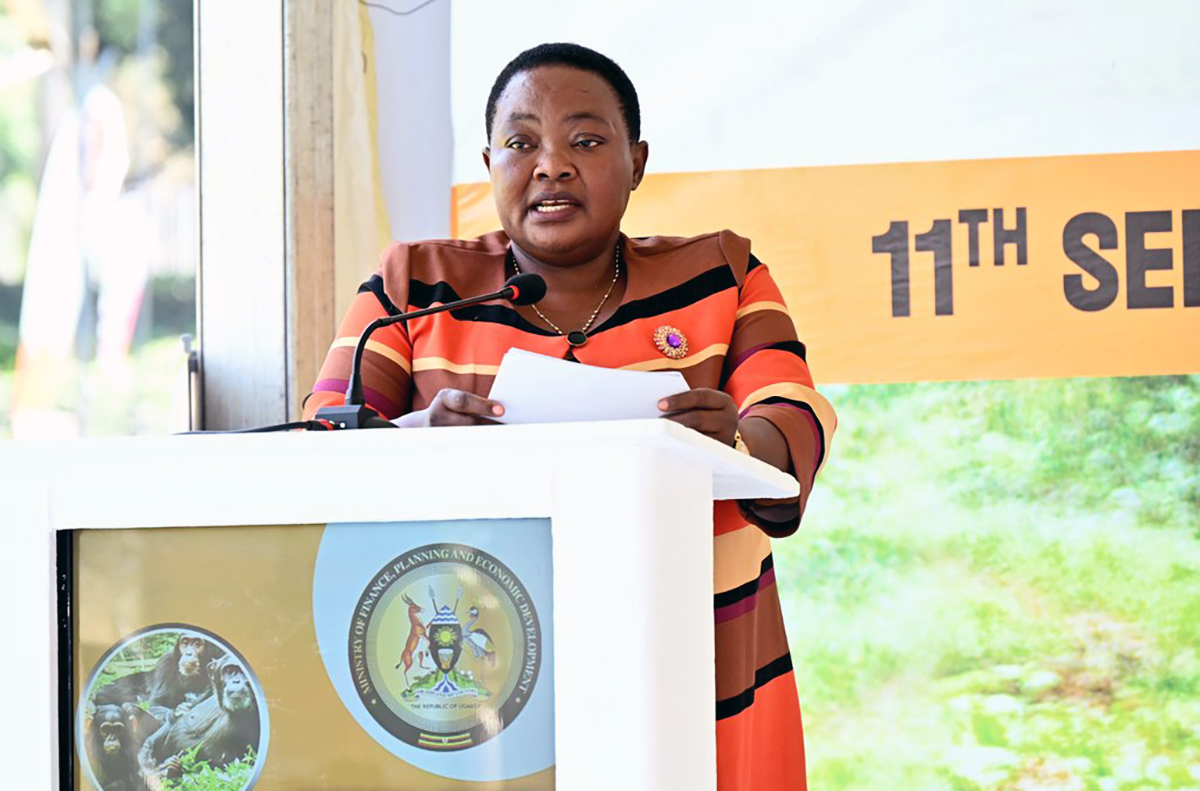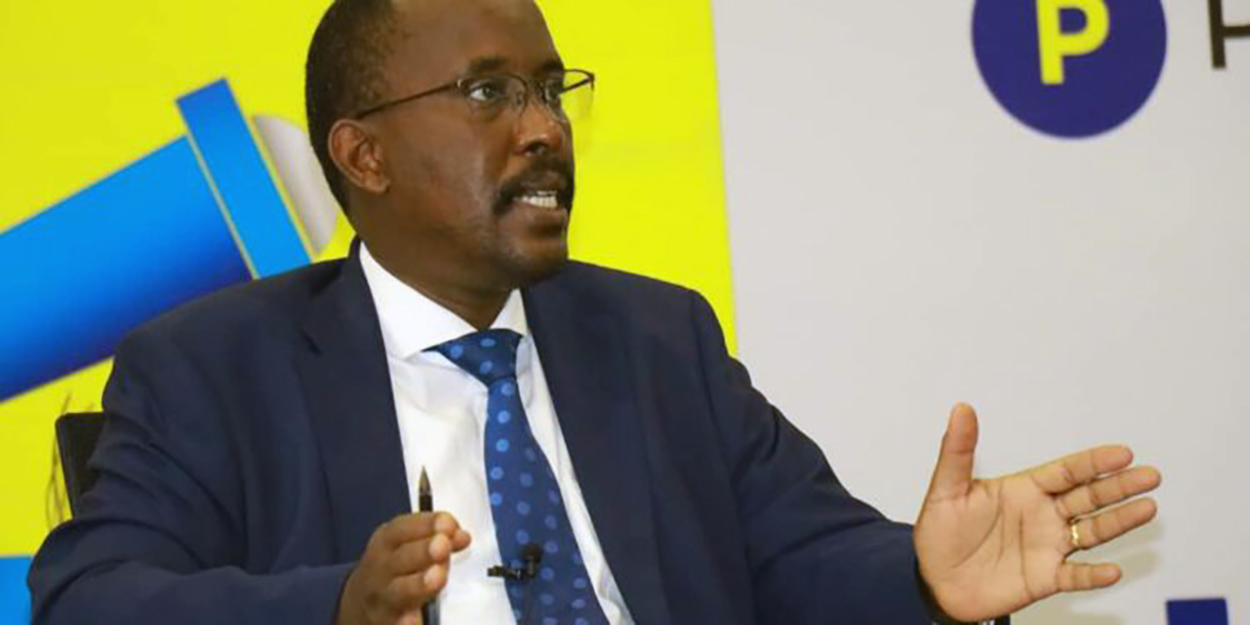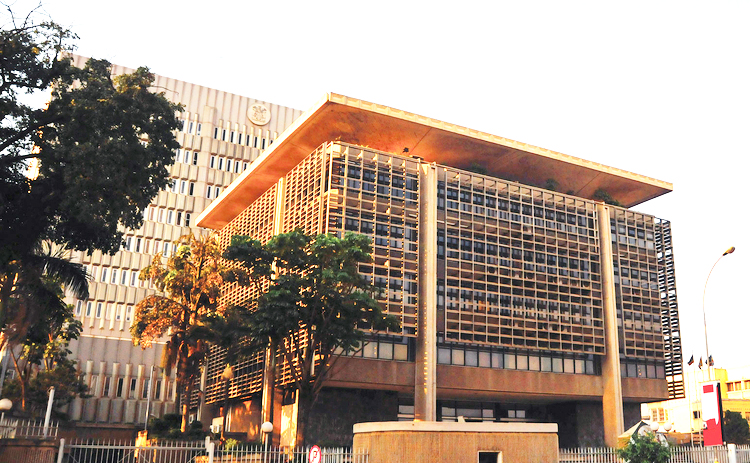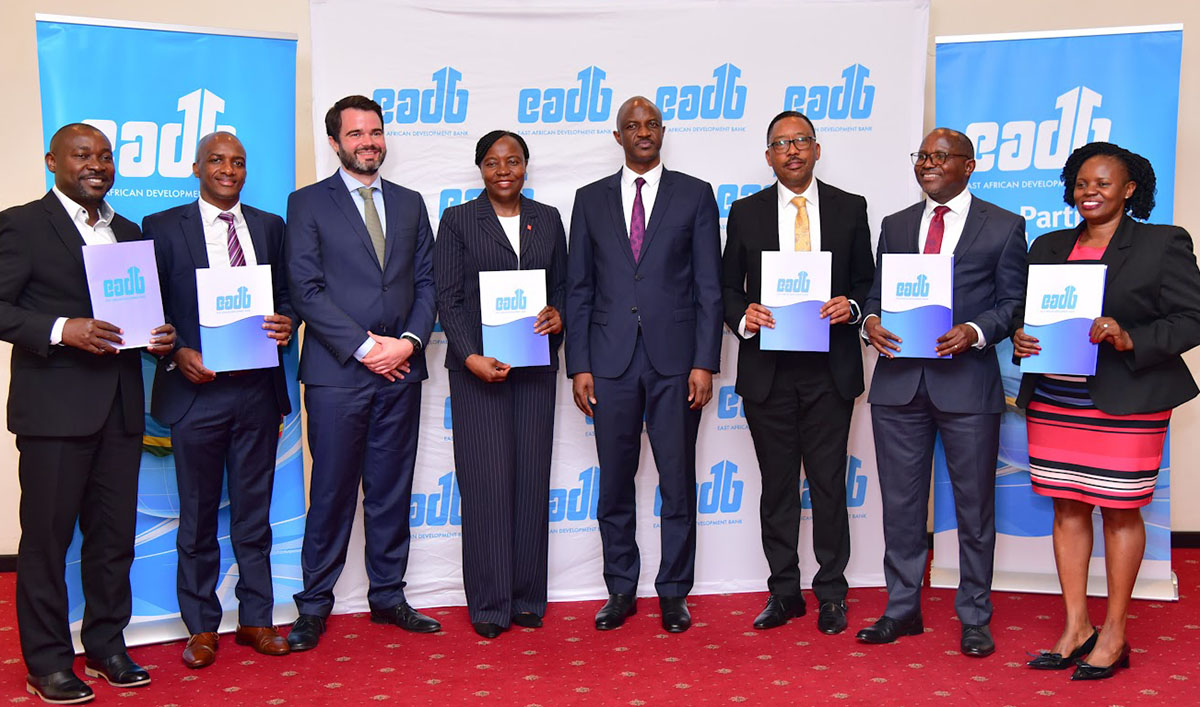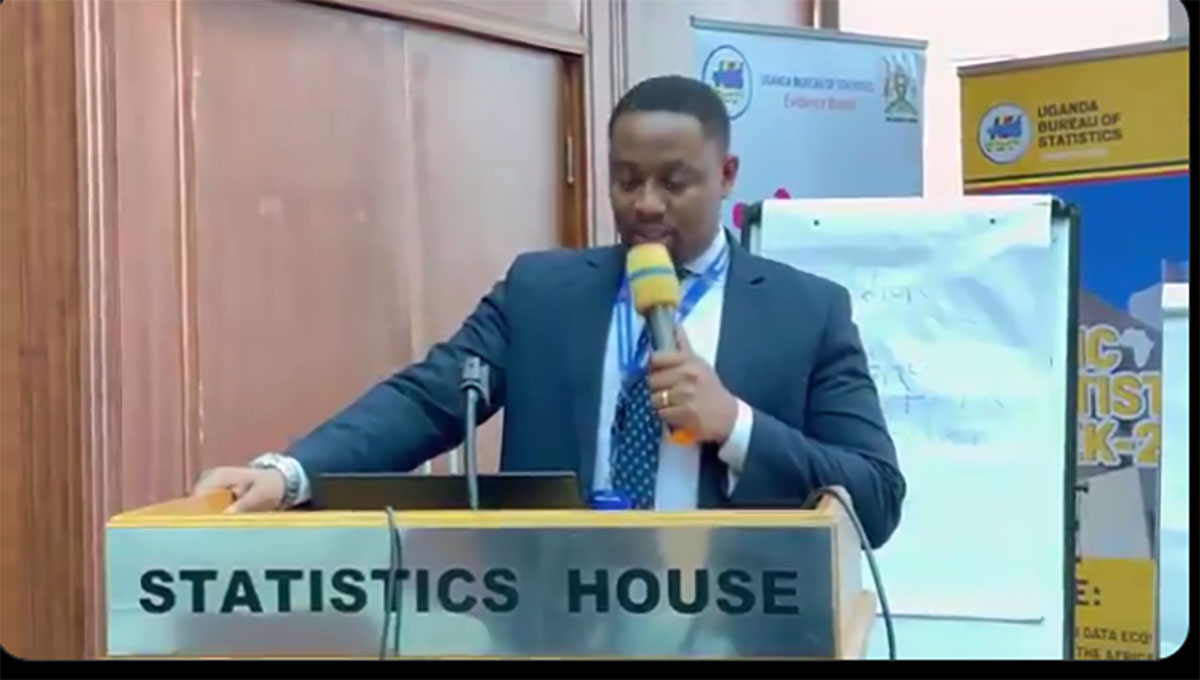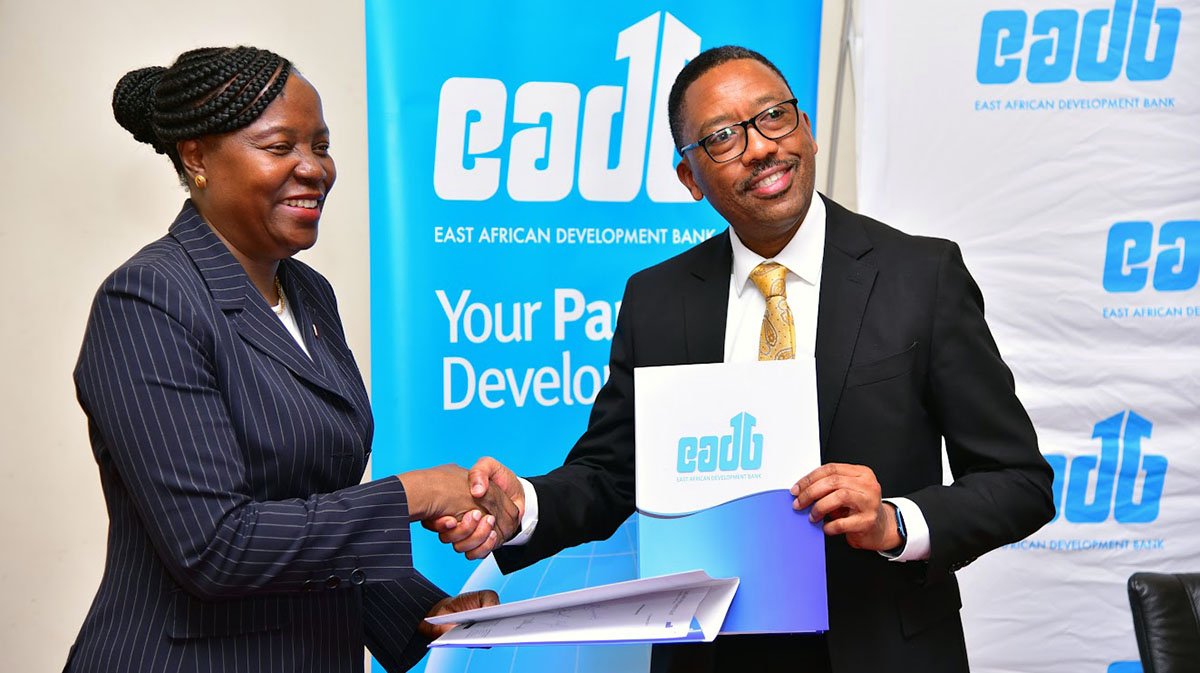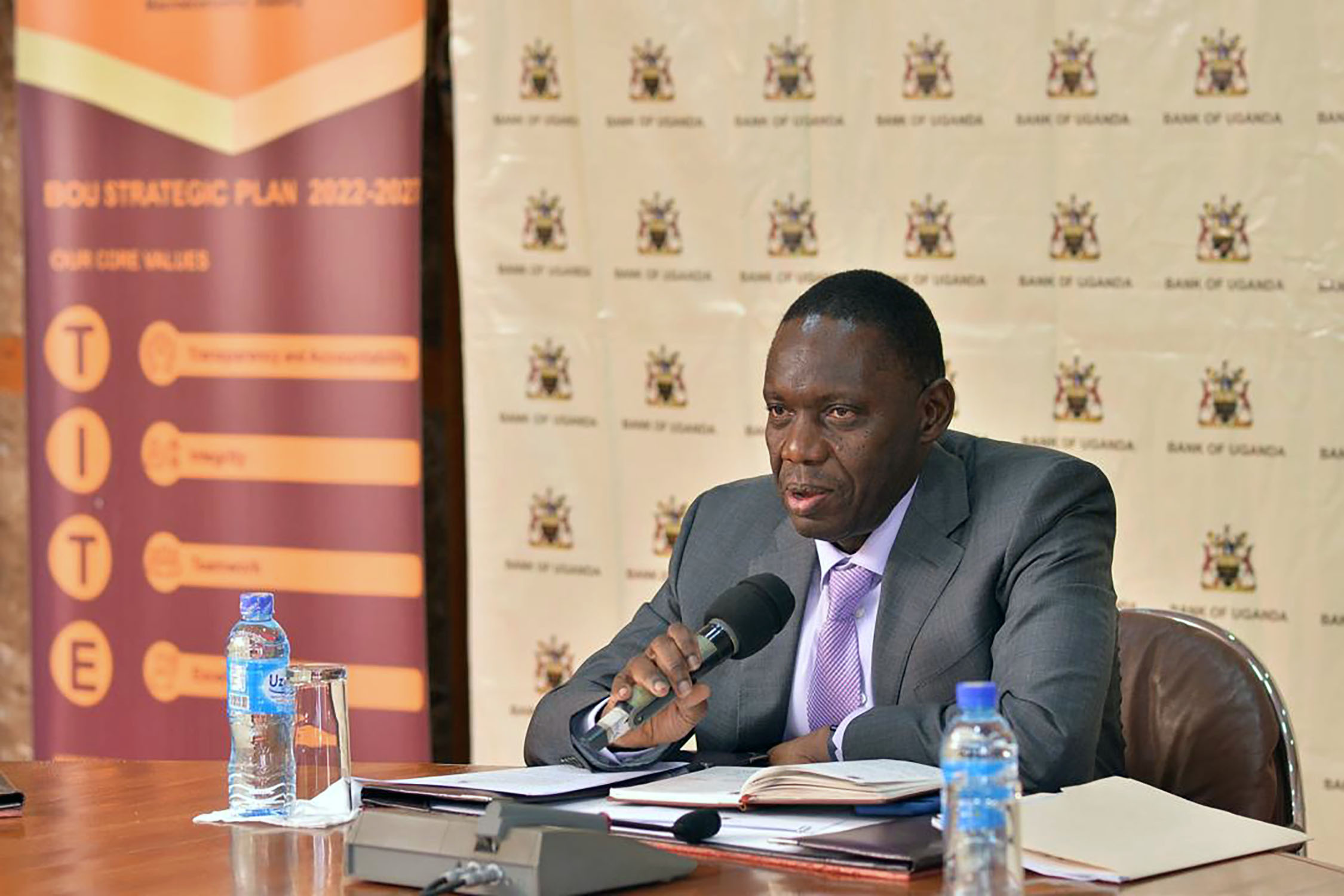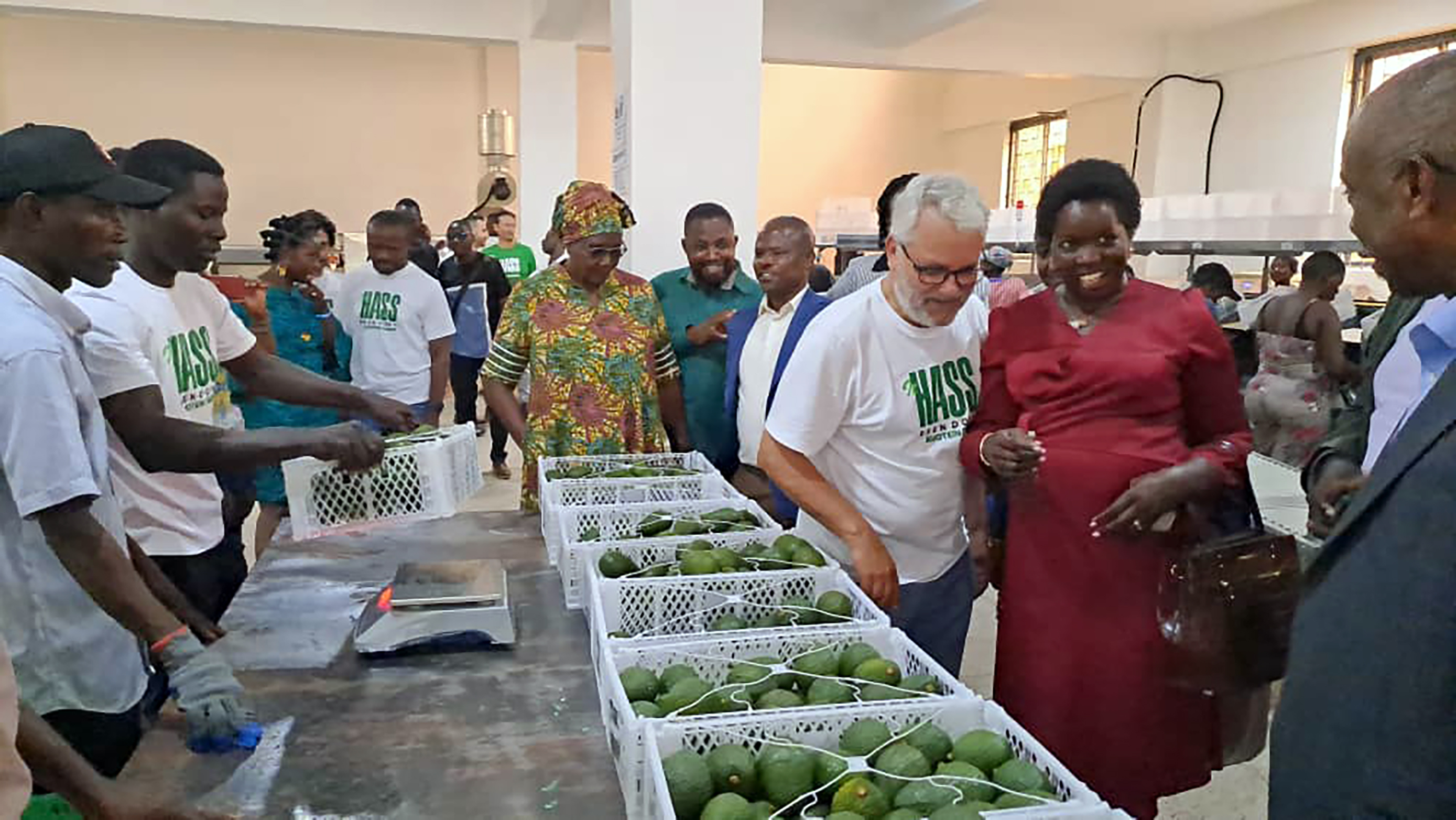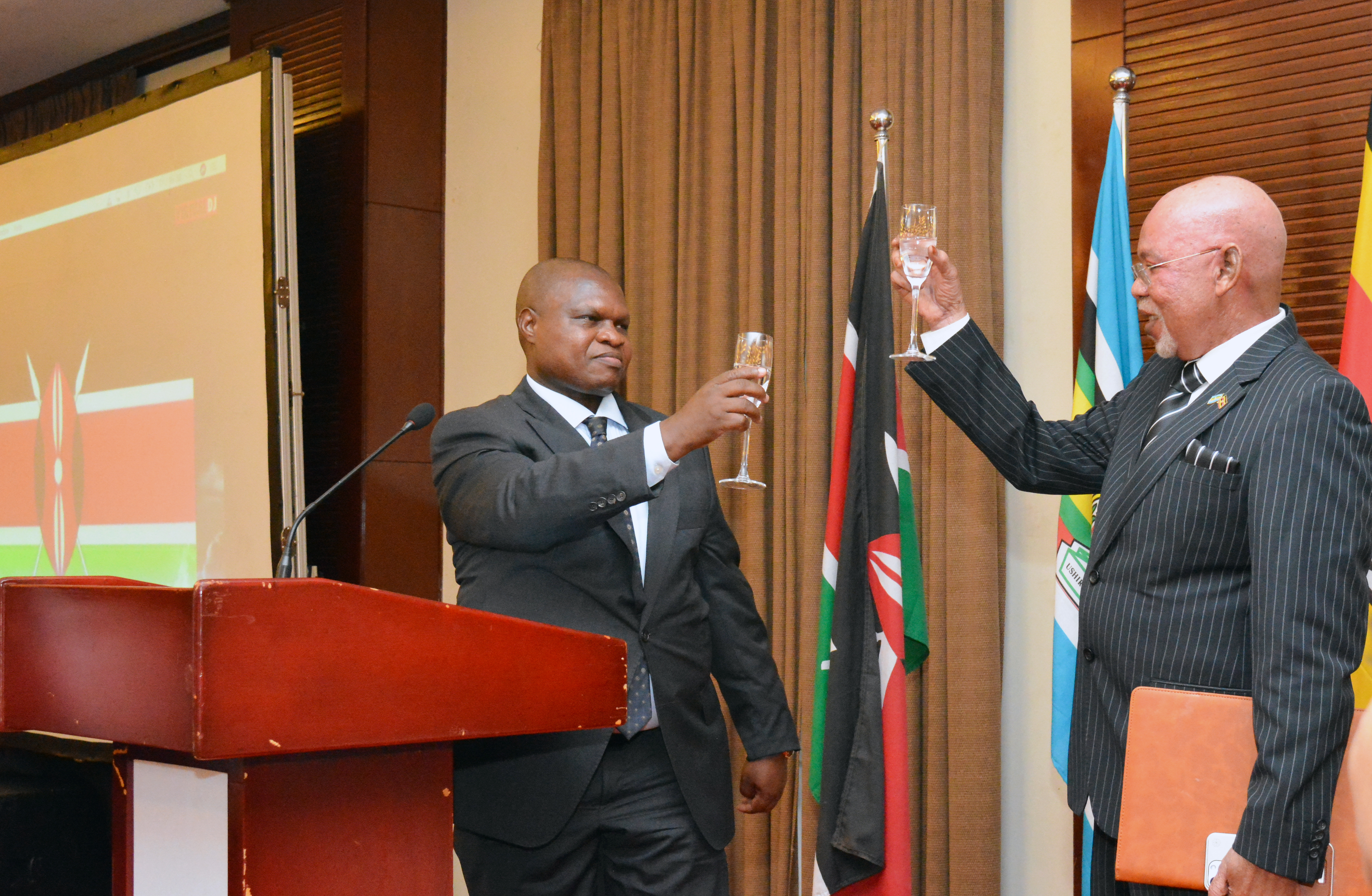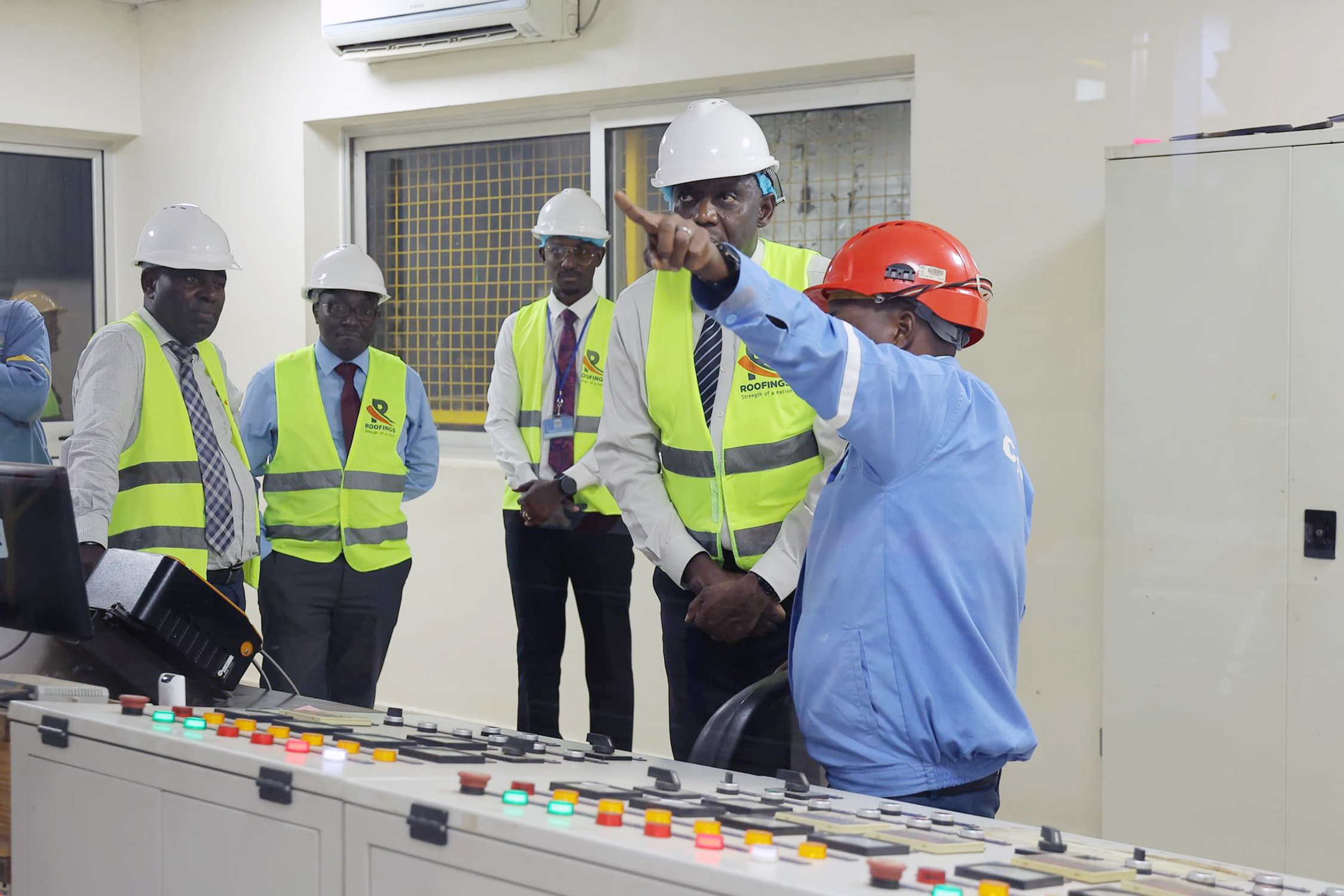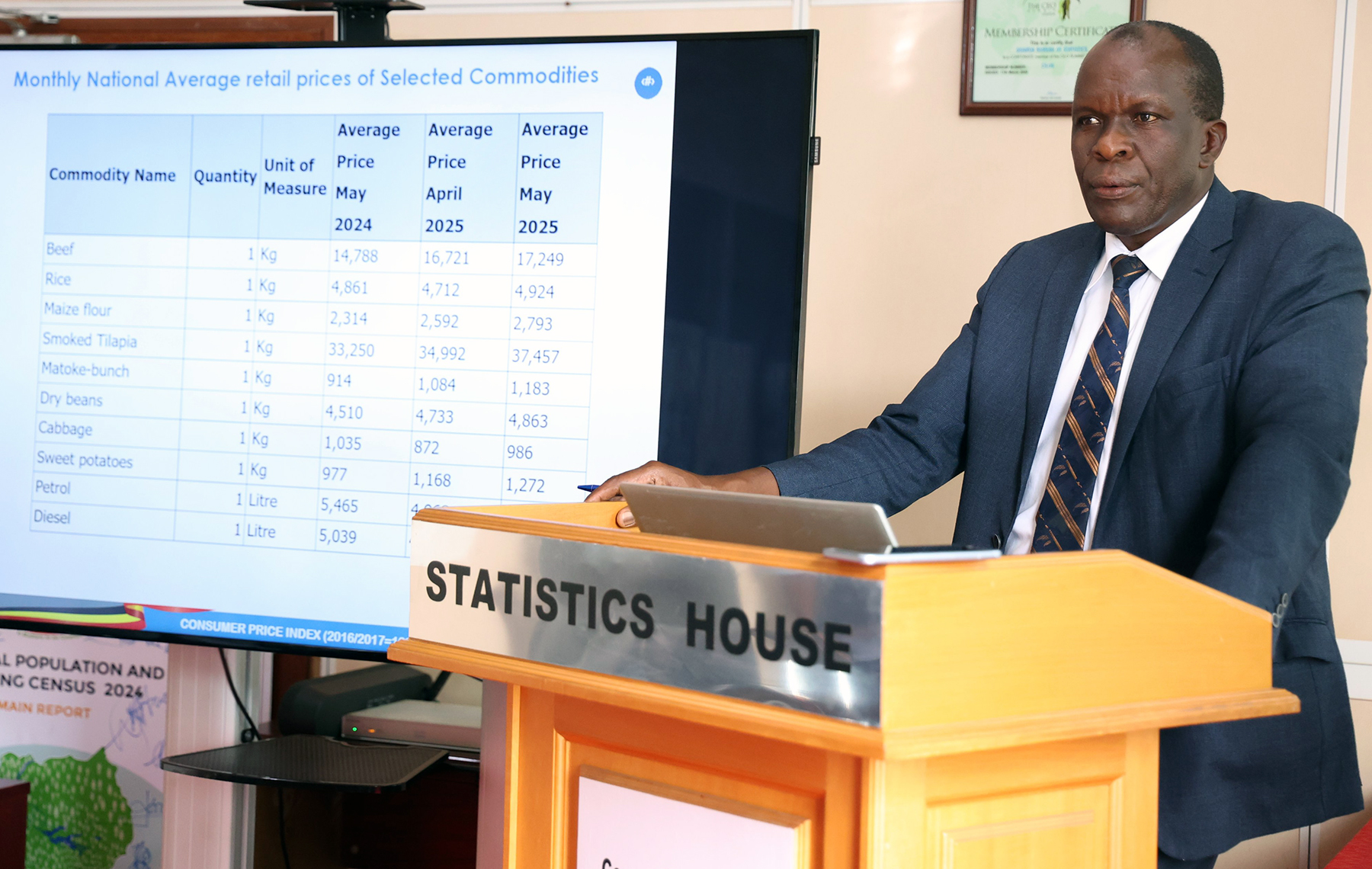Ensure fiscal discipline, civil society tells Government

Civil Society Budget Advocacy Group (CSBAG) members at the press briefing.
As Finance Minister Matia Kasaija prepares to unveil Uganda’s national budget on June 12, civil society organizations (CSOs) are intensifying calls for greater fiscal discipline, transparency, and improved service delivery warning that without these, public investments will fail to meet the country’s development goals.
Speaking at a press briefing in Kampala on June 8, the Civil Society Budget Advocacy Group (CSBAG) presented an in-depth analysis of the FY2025/26 budget. The group praised some government efforts but raised major concerns about persistent inefficiencies and accountability gaps.
CSBAG welcomed progressive reforms, such as income tax exemptions for start-ups during their first three years and the adoption of 47% of the group’s recommendations in the final budget.
- “We acknowledge the strides made by the government, particularly in supporting agro-industrialisation and start-ups,” said Julius Mukunda, CEO of CSBAG. “But it is not enough to allocate money we must ensure that every shilling spent delivers value for citizens.”
Mukunda warned that without stricter project preparation and monitoring, many infrastructure projects will continue to face delays and cost overruns. He cited 15 out of 49 loan-funded projects launched between FY2018/19 and FY2023/24 that lacked proper feasibility studies.
Mukunda also raised concerns about the poor absorption of funds at local government levels, with large sums remaining unspent. “For example, UGX 463.77 billion under the USMID program and UGX 89.3 billion under UgIFT were unutilized last year. This undermines local service delivery and frustrates communities,” he noted.
- He further called on the government to prioritize payment of contractors to unblock stalled projects such as the Busabala Flyover, which has raised public safety concerns.
Beyond infrastructure, CSBAG advised reforming government credit programs such as the Parish Development Model and Small Business Recovery Fund. “These initiatives must be backed by strong recovery and reinvestment strategies to ensure long-term sustainability,” said Mukunda.
Meanwhile, Jane Nalunga, Executive Director of SEATINI Uganda, urged the government to better align budget priorities with Uganda’s industrialisation goals. “We cannot continue underfunding sectors like tourism, manufacturing, and agro-industry if we are serious about transforming Uganda’s economy,” Nalunga said in a separate interview.
Tourism’s contribution to GDP has grown from 4.7% in 2022 to 6.6% in 2024, yet the sector was allocated only UGX 427.59 billion far below the NDP IV target. Nalunga warned that such funding gaps could derail Uganda’s ambition to multiply its GDP tenfold by 2040.
Uganda’s soaring public debt, now at UGX 107 trillion, was another focal point. Interest payments are projected to consume UGX 9.44 trillion 25.4% of total revenue while debt servicing will take up 53.34% of GDP, well above the government’s 50% threshold.
- “Our growing debt burden is alarming,” Nalunga emphasized. “Government must curb the use of unsanctioned supplementary budgets and stop the unchecked rise of domestic arrears.”
- Domestic arrears surged from UGX 10.5 trillion in FY2022/23 to UGX 13.8 trillion in FY2023/24. Despite allocating UGX 1.4 trillion for arrears clearance, new unpaid bills continue to accumulate faster than repayments.
CSOs also flagged risks to social services. Funding for essential medicines under the National Medical Stores has slightly declined, while the Ministry of Education and Sports faces a UGX 9.8 billion budget cut. “These cuts, combined with declining donor support in health and the recent mergers of agricultural agencies, could widen service delivery gaps,” Mukunda warned.
With the FY2025/26 budget set to drive the first year of NDP IV and national elections on the horizon, CSOs stressed that spending quality not just quantity will determine Uganda’s development trajectory.
“As we approach the new political cycle, this budget must focus on impact, not just allocations,” said Mukunda. “Ugandans deserve a budget where every shilling truly counts.”



.jpeg)


